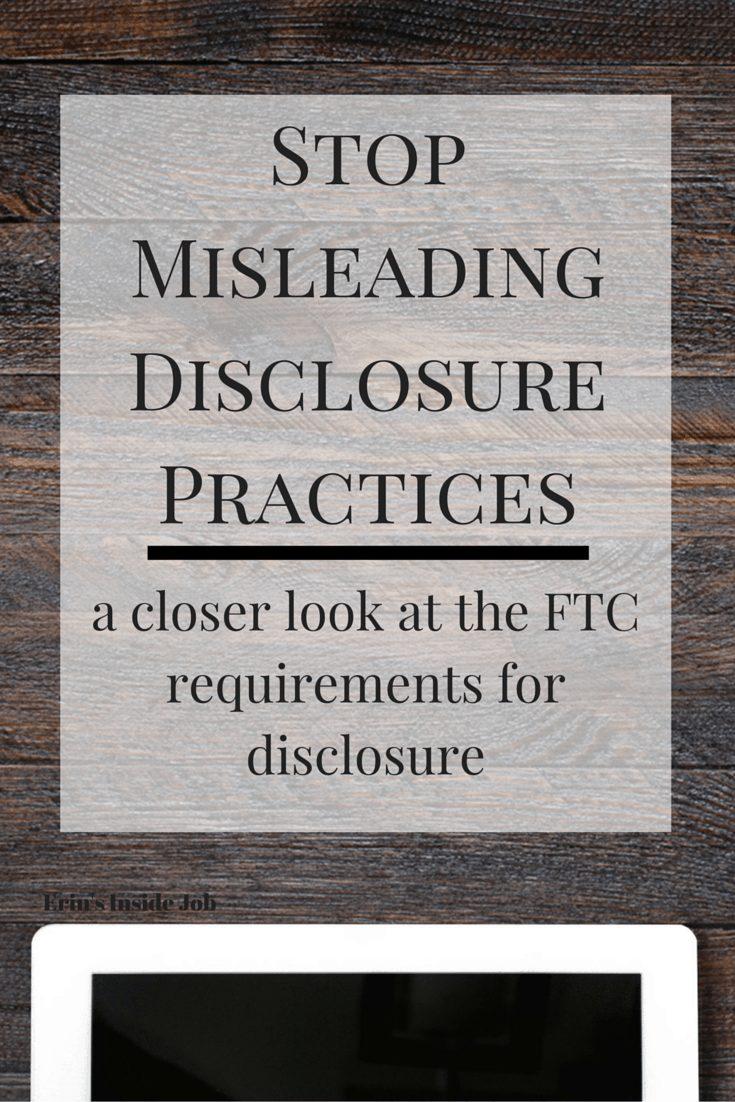
In the rapidly evolving landscape of digital marketing, YouTube influencer partnerships have emerged as a powerful tool for brands to engage audiences in authentic and dynamic ways. However, amidst the allure of viral content and expansive reach lies a complex web of legal considerations that can easily entangle the unwary. From copyright issues to disclosure requirements, navigating the legal labyrinth of YouTube influencer marketing is a task that demands both vigilance and understanding. As influencers carve out their niches and brands vie for attention in a crowded marketplace, the importance of comprehension and compliance cannot be overstated. this article will guide you through the intricacies of the legal framework governing influencer marketing on YouTube, equipping you with the insights needed to foster accomplished campaigns while minimizing legal risks. Whether you are an aspiring influencer, a seasoned marketer, or simply curious about the intersection of law and social media, join us as we decipher the rules of engagement in this innovative frontier.
Understanding the Regulatory Landscape of Influencer Marketing on YouTube
Influencer marketing on YouTube operates within a complex regulatory framework that evolves continuously as both the platform and its audience mature. Essential regulations include the Federal Trade Commission (FTC) guidelines, which mandate transparency about paid partnerships. This means influencers must disclose any sponsorships or collaborations clearly and conspicuously to their viewers. Failure to comply can lead to penalties, making it critical for both content creators and brands to understand their obligations.Key points to consider include:
- Disclosure Requirements: Always indicate when content is sponsored, using hashtags like #ad or #sponsored.
- Endorsement Guidelines: Ensure authentic representation of products and honest opinions.
- consumer Protection: Adhere to practices that maintain trust, enhancing brand reputation in the long run.
Furthermore, regional laws can substantially impact how influencer marketing is conducted. Different countries have varying standards of compliance, often informed by cultural norms and consumer protection laws.It’s essential to stay informed about these regional differences, especially when working with international influencers. Below is a simplified table capturing some critical global regulations:
| Country | Regulatory Body | Key Regulations |
|---|---|---|
| United states | FTC | Clear disclosures, truthful advertising |
| United Kingdom | ASA | Transparency for paid content |
| Australia | ACC | Must disclose commercial agreements |

Establishing Clear Disclosure Practices to Maintain Compliance
To navigate the complexities of influencer marketing while adhering to regulatory standards, it is essential for creators and brands to implement obvious disclosure practices. Clarity in communication not only fosters trust with the audience but also mitigates potential legal risks. Here are some crucial elements of effective disclosure:
- Use clear language: Avoid ambiguity. Phrases like “ad,” “paid partnership,” or “sponsored content” should be prominently displayed.
- Maintain visibility: Place disclosures at the beginning, or at least within the first few seconds, of the video to ensure viewers don’t miss them.
- Be consistent: Follow the same disclosure practices across all platforms to create a uniform standard that audiences can recognize.
Brands can also harness the power of technology to streamline their disclosure processes. By employing tools that automatically integrate disclaimers into videos, they can ensure compliance while freeing up creative energy. Below is a simple overview of potential tools and their applications:
| Tool | Purpose |
|---|---|
| Disclosure Generator | Creates tailored disclosure statements for various campaign types. |
| Video Editing Software | Incorporates disclaimers directly into video content. |
| Social Media Management Tools | Schedules posts with pre-written disclosures to ensure consistency. |

Protecting Intellectual property Rights in Influencer Collaborations
in the dynamic realm of influencer marketing, ensuring the protection of intellectual property rights is paramount. Both brands and influencers create unique content that can be susceptible to unauthorized use or misappropriation. To safeguard this creativity, it is critical for parties involved to establish clear agreements concerning ownership rights and usage permissions. These agreements should encompass the following key elements:
- Copyright Ownership: Clearly define who holds the copyright to the content created during the collaboration.
- Licensing Terms: Specify how, were, and for how long the brand can use the influencer’s content.
- Attribution: Outline how credit should be given to the influencer for their work.
- Termination Clauses: Include conditions under which either party can exit the agreement without penalties.
Enforcing intellectual property rights goes beyond initial agreements; constant monitoring and vigilance are essential. Influencers should actively track their content’s use on various platforms to identify unauthorized reproductions. In the face of infringement, swift and effective measures need to be implemented. Establishing a response framework is beneficial; this may include:
| Action | Description |
|---|---|
| Contacting Offenders | Reach out to unauthorized users requesting removal of the content. |
| Sending Takedown Notices | File formal DMCA requests with platforms hosting infringing content. |
| Pursuing Legal Action | Engage legal counsel for further action if necessary. |

Crafting Effective Contracts to Mitigate Legal Risks in Partnerships
In the dynamic world of influencer marketing, crafting contracts that clearly delineate the expectations and obligations of both parties is vital to minimize misunderstandings and legal repercussions. Effective contracts should encompass a range of elements, including but not limited to:
- Scope of Work: Outline the specific deliverables, from video content to social media posts, ensuring clarity on what is expected.
- Payment Terms: Define the compensation structure, whether through a flat fee, commission schemes, or product exchanges.
- intellectual Property Rights: Specify ownership of content created to prevent disputes regarding usage rights.
- Confidentiality Clauses: Protect sensitive information shared during the partnership.
- Termination Conditions: Clearly outline the circumstances under which either party can terminate the partnership.
To further strengthen the contractual agreement, consider utilizing tables to organize key components clearly. This helps both parties easily reference important information and enhances the overall professionalism of the document. A simple table could include:
| Contract Element | Description |
|---|---|
| Delivery Dates | Assign clear timelines for when content is to be delivered. |
| Performance Metrics | Set measurable goals to evaluate the success of the campaign. |
| Dispute Resolution | Outline the process for resolving any disagreements that may arise. |
The Conclusion
In the ever-evolving landscape of digital marketing, navigating the legal labyrinth of YouTube influencer marketing can feel like traversing a maze without a map.As brands seek to harness the power of creators and influencers, understanding the intricacies of regulations, disclosures, and contractual obligations becomes paramount.
This exploration has illuminated the importance of clarity and compliance, not just for safeguarding your brand but for preserving the integrity of the influencer community. In an ecosystem driven by authenticity and trust, the lines between promotion and genuine connection can blur, making it essential for both marketers and influencers to uphold transparency.
As you step into this vibrant world,armed with insights from this guide,remember that each collaboration is not merely a transaction but a partnership that can thrive within the bounds of legal frameworks. The rewards are plentiful for those willing to navigate wisely—building relationships that resonate, reach, and ultimately, result in mutual success.So, as you embark on your journey through influencer marketing, embrace the complexities with confidence.With dedication to ethical practices and a keen eye on compliance, you can turn the potential pitfalls of legal challenges into stepping stones toward lasting engagement and effective marketing strategies. Happy navigating!